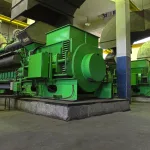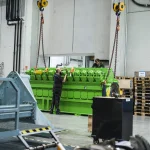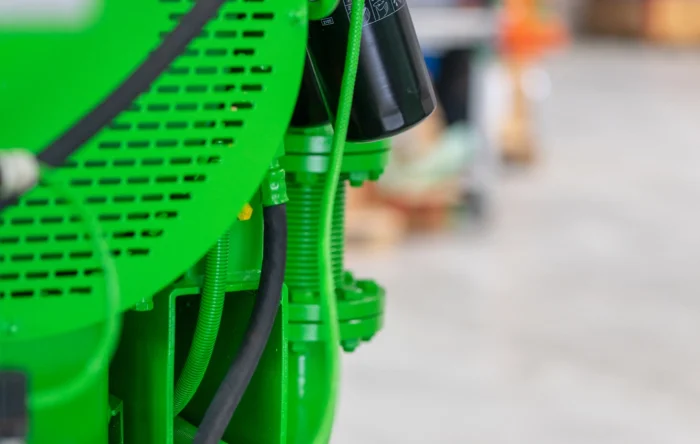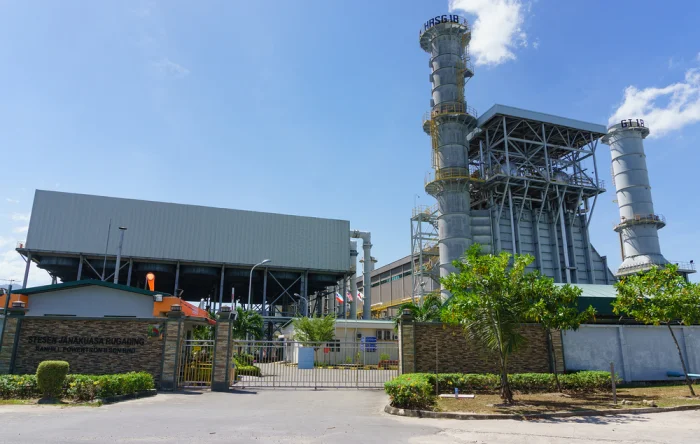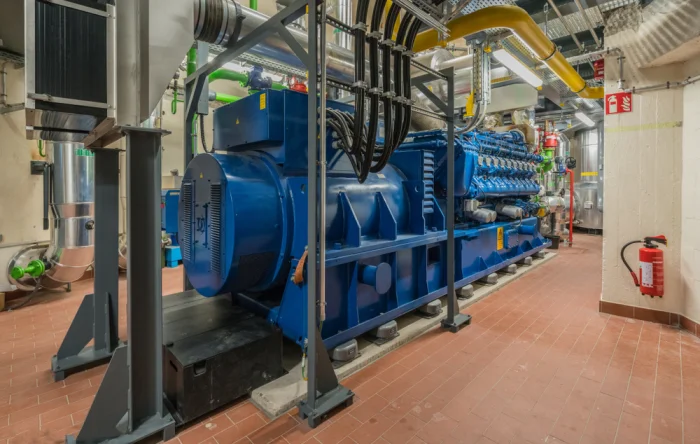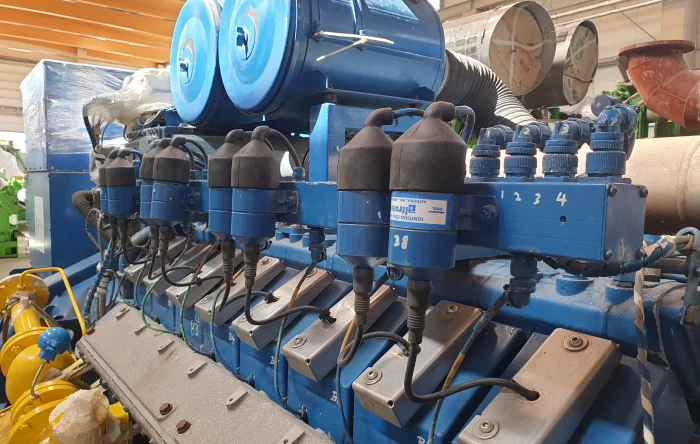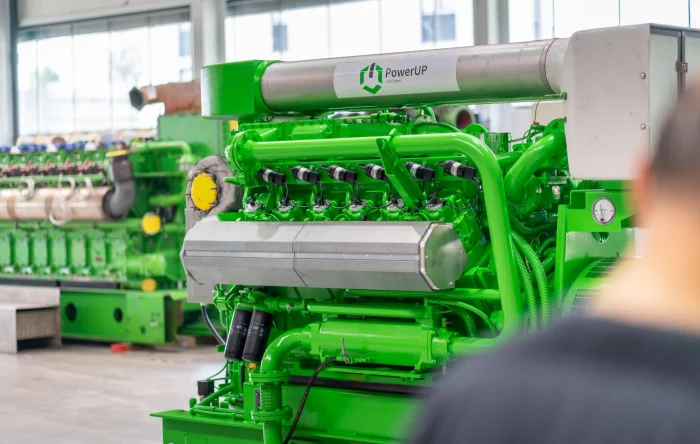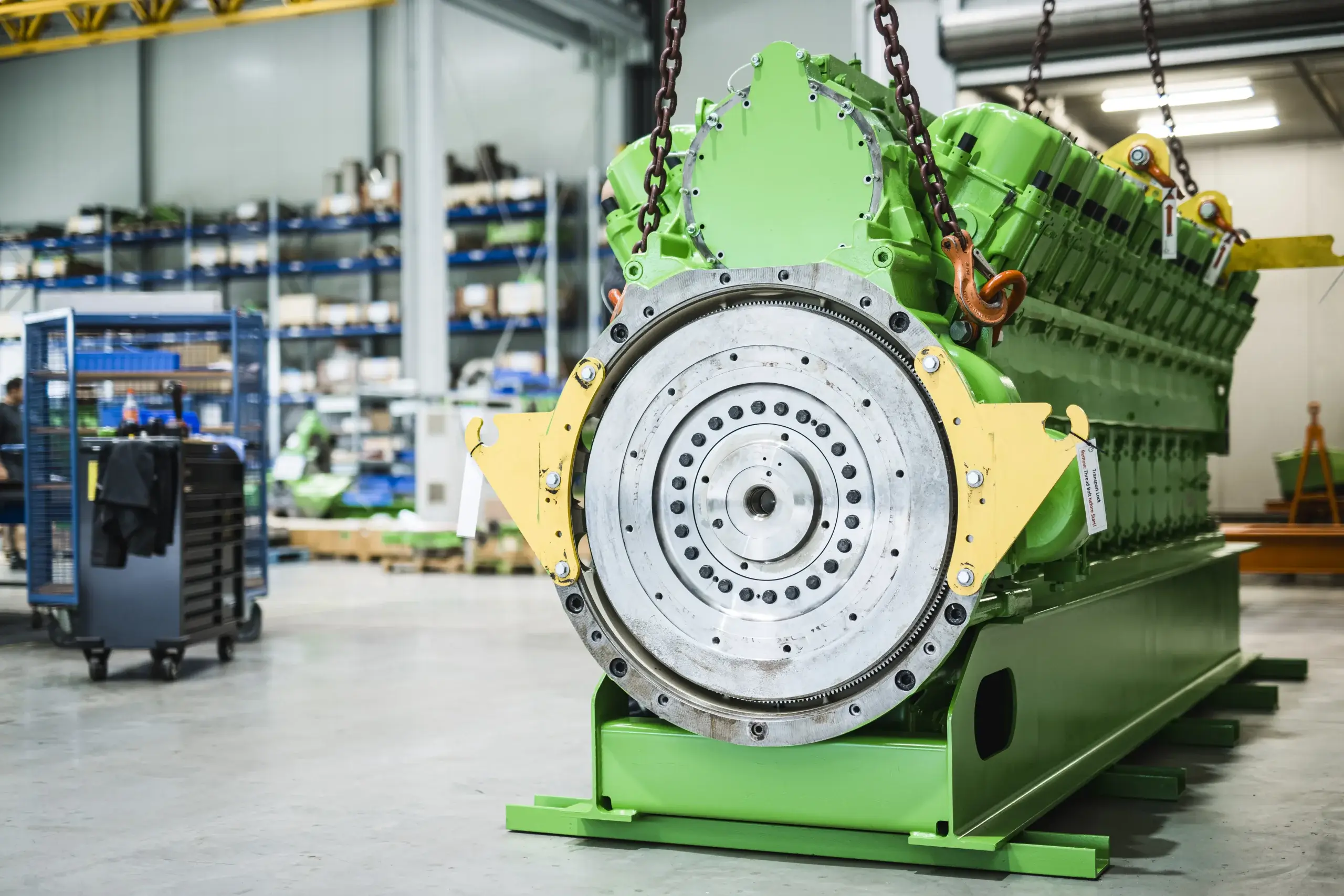The Challenges of Gas Engines
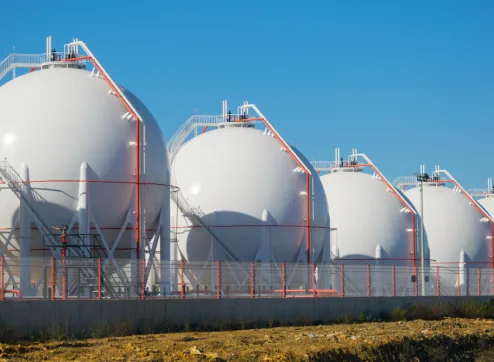
Gas engines can face challenges despite their widespread use. This post aims to unpack these complexities, ranging from economic and technical hurdles to regulatory barriers.
Environmental Impact
The use of gas engines, while beneficial in various applications, presents notable environmental challenges that are crucial to address for sustainable development.
Emission Concerns
Gas engines, despite being cleaner than coal or diesel engines, still emit greenhouse gases like carbon dioxide and methane, contributing to global warming.
They also release air pollutants such as nitrogen oxides (NOx) and volatile organic compounds (VOCs), impacting air quality and public health.
Economic Factors
Understanding the economic factors is key to evaluating the overall feasibility of gas engine technologies.
Cost Implications
Operating gas engines involves not only the initial investment but also ongoing costs for fuel, maintenance, and repairs. Despite the costs, gas engines often prove to be more cost-effective in the long term compared to diesel or coal engines.
Market Fluctuations
The viability of gas engines is closely tied to the price of natural gas, which is subject to market fluctuations. These price variations can significantly impact operational budgets, especially for large-scale power generation.
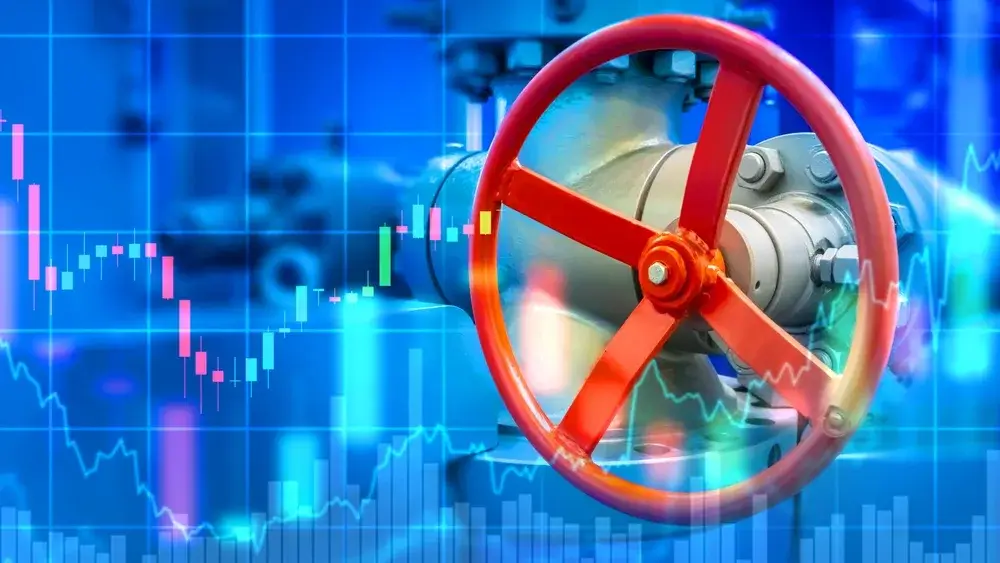
Long-term financial planning becomes challenging due to these fluctuations, as predicting future fuel costs is difficult, adding an element of uncertainty to investments in gas engine technology.
Regulatory and Policy Barriers
Navigating the complex landscape of regulations and policies presents another layer of challenges for the deployment and operation of gas engines.
Regulatory Challenges
Gas engine operators often face stringent environmental regulations aimed at reducing emissions and protecting public health. Complying with these regulations can require significant investments in emission control technologies and operational modifications.
The evolving nature of environmental policies, aimed at reducing dependency on fossil fuels, can lead to uncertainty and risk for operators and investors in gas engine technology.
Incentives and Subsidies
Compared to renewable energy sources, gas engines typically receive fewer government incentives and subsidies. This lack of financial support can make them less attractive to investors and operators, who are increasingly looking towards more sustainable and subsidized energy solutions.
Technical and Operational Challenges
Gas engines can face technical and operational challenges that can affect their efficiency and viability in the long term.
Maintenance and Reliability
Regular and meticulous maintenance is essential for the optimal performance of gas engines. This requirement often translates into higher operational costs, particularly for extensive maintenance or unexpected repairs.
Here do the gas engine services from PowerUP come into play. With our services such as gas engine overhauls or gas engine upgrades and our high-quality gas engine spare parts we can help you with the efficient operation of your gas engine.
PowerUP — your partner for gas engine services and spare parts
PowerUP offers services like gas engine repair, condition based overhaul, gas engine container solution and many more.
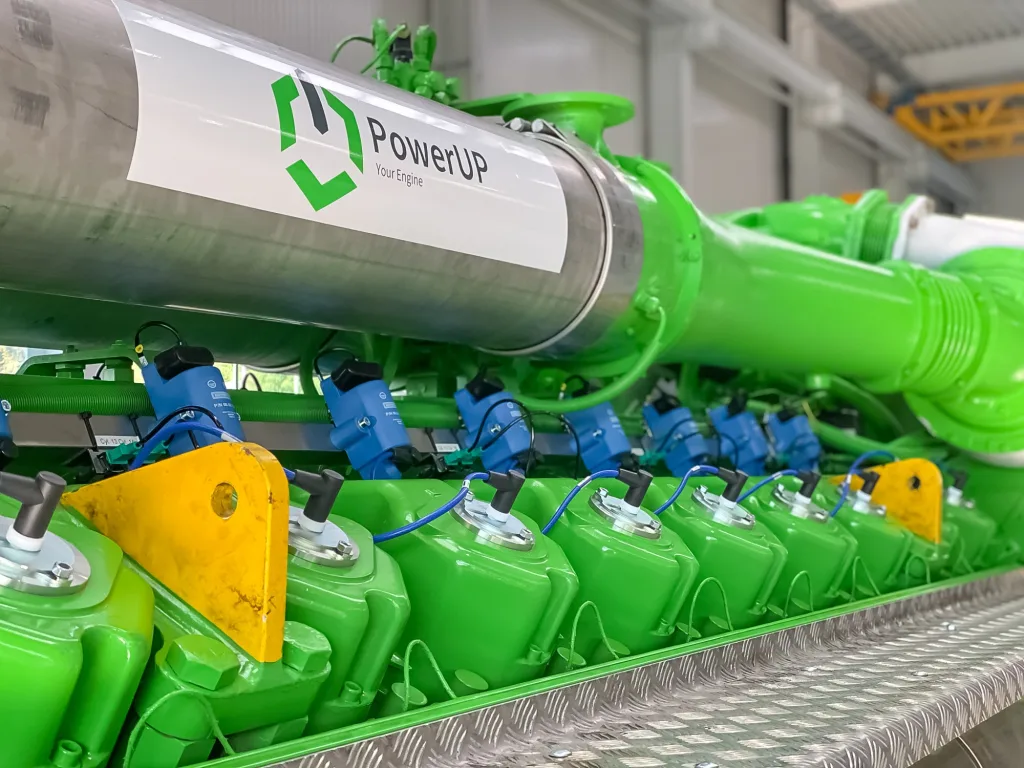
With over 10,000 different gas engine spare parts and 52 served countries, we stay at your disposal, anywhere — any time.

